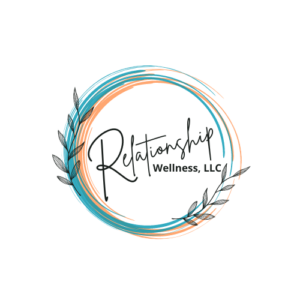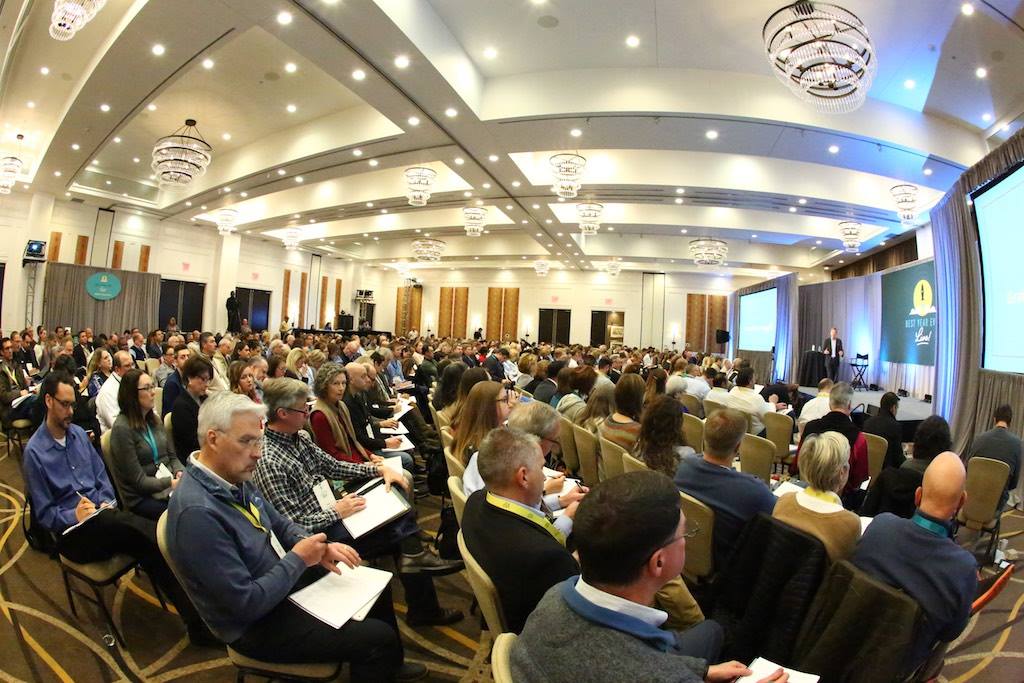How to Get Positive Results In Your Relationship
We all have different stories in our heads about how secure or satisfying our relationships are. It’s common for one person to be satisfied while the other isn’t. That’s why it’s important to know how to get positive results in your relationship.
Some of us take pride in managing our money and then later found out a check bounced. Or we’ve balanced the checkbook and then discovered we spent more on the eating out category than budgeted.
Using another example, have you believed you were eating well, then were surprised the scales registered 10 pounds more than expected? Have you written down everything you ate? Then saw you were taking in many more calories than you were actually burning?
Uncertainty in Your Relationship
Many couples enter counseling with a lot of uncertainty. One is usually dragged in by the other.
One person says, “We need help.”
The other says, “We’re doing fine. . . We can work this out on our own. . .We’re not as bad off as you think.”
It makes sense that couples who detect problems in their relationship, on average, wait an additional six years before they get help.
Tiger/Turtle Syndrome in Your Relationship
It’s very common for one spouse to minimize and the other maximize. I call it the “Turtle/Tiger” syndrome.

Unsplash Photo
Turtles typically hide in their shells and avoid conflict or accuse their partners of blowing things out of proportion.
Turtles tend to see things “not as bad” as they really are. Tigers, on the other hand, roar and persist until they are heard. Many times they DO see things worse than they are.

Unsplash Photo
Consider Charting Patterns In Your Relationship
A couple years ago, I created The Partnership Pattern chart which helps you keep track of both positive and negative behaviors in your relationship.
For those who like to check things off, it can be a great way to balance the check book of your relationship. All you have to do is observe, experience, and rate measurable items that are going on now in your relationship.
But after I created the chart, I hesitated to share it. Why? I’m glad you asked.
- The tendency is to focus our attention on what our partner is doing wrong rather than what we are doing wrong. What we choose to focus on, we’ll find. Yet, it’s vital we don’t ignore clear behaviors that minimize our dignity. Generally, if you look for the positive behaviors, you’re likely to find them. And, of course those negative behaviors scream for your attention.
- Normally, we don’t realize how our own responses and reactions invite negativity from our partner. We’re paving the way to get the things we don’t want. Most relationships follow the law of reciprocity. But we need to be aware when the character of the relationship isn’t reciprocal.
- Filling out the chart objectively may reveal serious relationship issues such as emotional, mental, or physical abuse. Don’t hesitate to get immediate help if you’re living in fear or danger.
Here’s why I’m offering The Partnership Pattern chart anyway.
Get Clarity in Your Relationship
It’s vital we don’t ignore clear behaviors and attitudes that minimize our dignity.
If you could be honest with yourself, it can be revealing about how to get positive results in your relationship. And get the help that you may be minimizing.
Ideally, it’s great for both Tigers AND Turtles to participate. But if the Turtle in your life is still hiding, you Tigers will have a great outlet for grounding in reality.
The idea is to check off what you experienced most in the relationship that day. Do it every day for one month and get a clear picture of what you need, whether it’s a marriage enrichment weekend or crisis intervention with your local counselor. Know where your relationship stands.
Sign up for your free Partnership Pattern chart.
Or, Sign up for your free 20 minute consultation.






